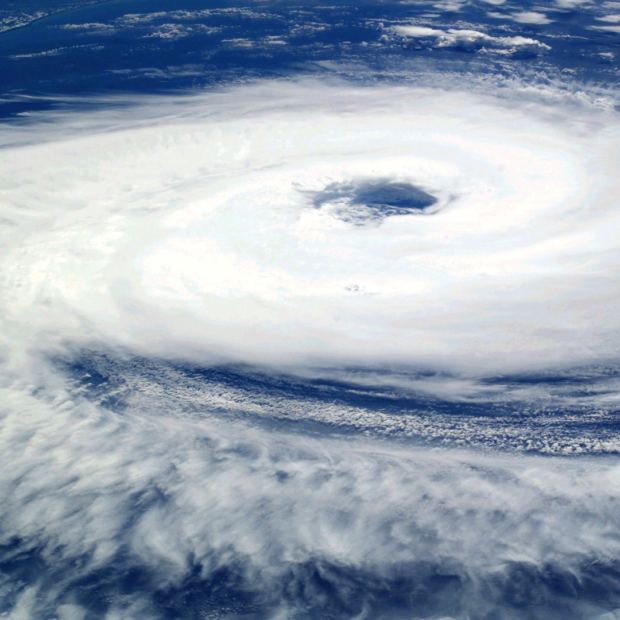Essential Tips for Hurricane Mitigation
Hurricanes are among the most devastating natural disasters, capable of causing widespread destruction in hours. As climate change intensifies, the frequency and severity of these storms are expected to increase. For homeowners, this means taking proactive steps to protect their property, which has never been more critical. Here are some essential tips for property mitigation to help you prepare for the next hurricane.
Assess Your Risk
Understanding your risk is the first step in hurricane preparedness. If you live in a coastal area or a region frequently affected by hurricanes, you must be vigilant. Consult local building codes, flood maps, and historical data to assess the specific risks to your property. This information will guide mitigation efforts and help prioritize the most critical measures.
Strengthen Your Roof
A strong roof is your home’s first defense against hurricane winds. Consider the following upgrades:
- Install Hurricane Straps: These metal connectors secure your roof to the walls of your house, reducing the risk of it being lifted off during high winds.
- Inspect and Reinforce: Regularly inspect your roof for loose or damaged shingles and replace them promptly. Reinforce any weak spots to ensure your roof can withstand severe weather.
- Secondary Water Barrier: Apply a secondary water barrier to prevent water from seeping into your home if the roof is damaged.
Secure Windows and Doors
Windows and doors are vulnerable points in your home’s structure. To fortify them:
- Install Storm Shutters: These provide a robust barrier against flying debris. Options include roll-down shutters, accordion shutters, and removable panels.
- Use Impact-Resistant Glass: If shutters aren’t feasible, consider replacing windows with impact-resistant glass that can withstand high winds and debris impacts.
- Reinforce Garage Doors: Garage doors are particularly susceptible to wind damage. Install braces or upgrade to a hurricane-resistant model to prevent them from being blown in or out.
Maintain Your Landscape
Your landscape can either protect your property or exacerbate damage during a hurricane. Here’s how to optimize it:
- Trim Trees and Shrubs: Regularly prune trees and shrubs to remove weak branches that could become projectiles during a storm.
- Remove Dead or Dying Trees. Strong winds can easily uproot these, causing significant damage to your property.
- Secure Outdoor Items: Bring patio furniture, grills, and other outdoor items indoors, or secure them to prevent them from being tossed around.
Protect Against Flooding
Flooding is a significant concern during hurricanes. To minimize the risk:
- Elevate Utilities: Raise electrical appliances, heating systems, and other utilities above potential flood levels.
- Install Sump Pumps. A sump pump can help keep your basement dry by pumping out water that accumulates during heavy rains.
- Use Sandbags: To prevent water from entering your home, place sandbags around its foundation and any entry points.
Ensure Proper Drainage
Effective drainage systems can prevent water from accumulating around your home’s foundation:
- Clean Gutters and Downspouts: Regularly clean gutters and downspouts to ensure they are debris-free and can channel water away from your home.
- Install French Drains: These can help redirect water away from your property, reducing the risk of flooding.
- Grade Your Yard: Ensure the ground slopes from your home to direct water away naturally.
Secure Important Documents
In the event of a hurricane, it’s crucial to protect essential documents:
- Use Waterproof Containers: Store vital documents like insurance policies, birth certificates, and property deeds in waterproof containers.
- Create Digital Copies: Scan important documents and save digital copies in a secure cloud storage service.
Prepare an Emergency Kit
Having an emergency kit on hand can make a significant difference during and after a hurricane:
- Basic Supplies: Include non-perishable food, water, batteries, flashlights, and a first aid kit.
- Tools and Equipment: Keep essential tools, a portable phone charger, and a battery-powered radio in your kit.
- Personal Items: Pack necessary medications, personal hygiene items, and a change of clothes.
Preparing for a hurricane involves strengthening your home’s structure, maintaining your landscape, ensuring proper drainage, and protecting important documents. By taking these proactive steps, you can significantly reduce the potential for damage and ensure that you and your loved ones stay safe during the storm. As hurricanes become more frequent and severe, the time to act is now. Protecting your property through proper mitigation safeguards your investment and provides peace of mind when the next storm approaches.


